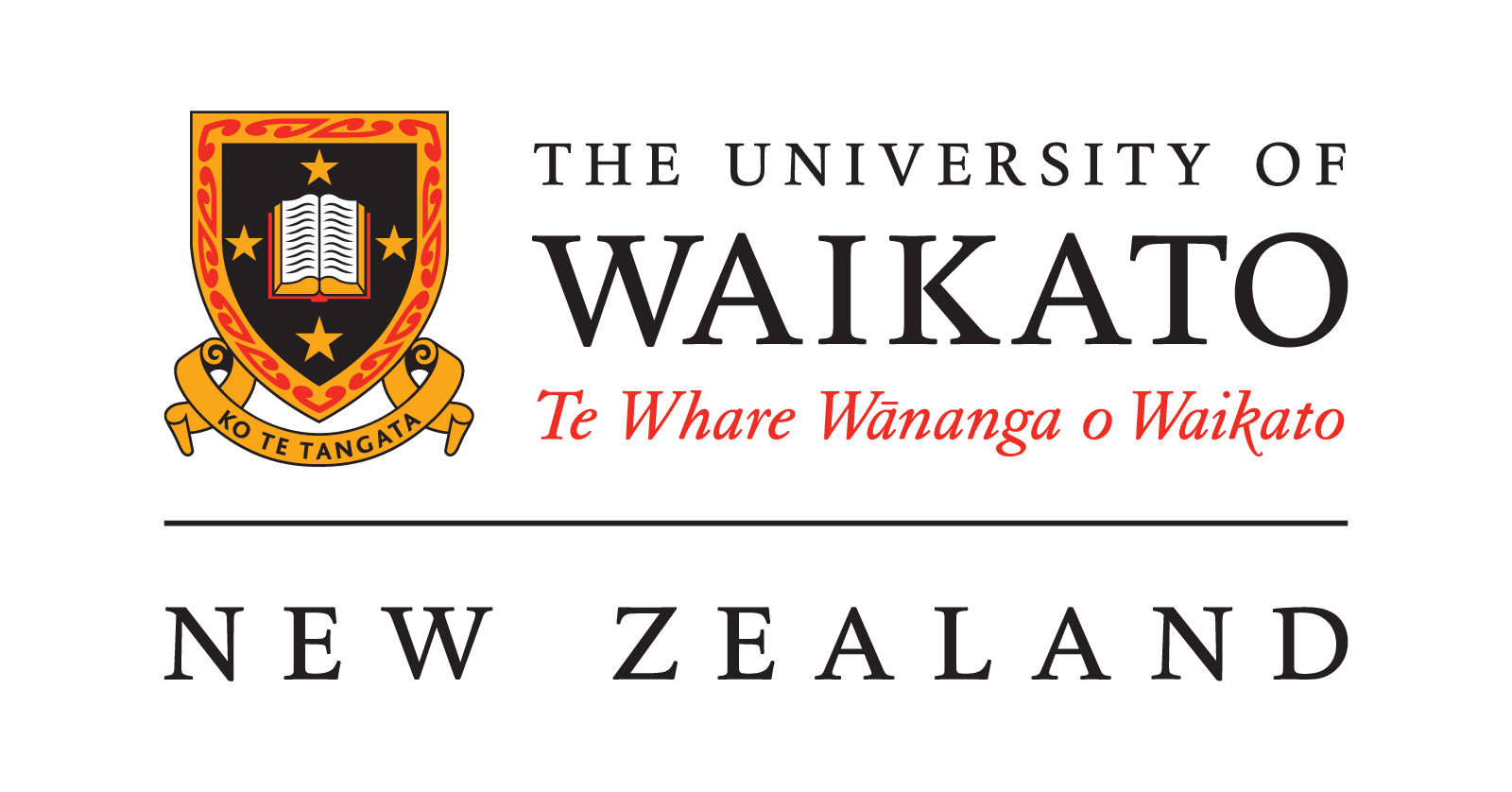Executive Summary
THE OPPORTUNITY
The New Zealand Government has agreed to proceed with the establishment of a new medical school at the University of Waikato, to be known as the New Zealand Graduate School of Medicine (NZGSM), representing a significant strategic investment in New Zealand’s healthcare future.
The NZGSM will introduce a new, proven model of medical education, with entry pathways that will attract people who want to become primary care doctors in rural and regional communities. By focusing on primary care and rural and regional communities, the new medical school will ensure that more doctors are trained to serve the communities that need them most, ultimately leading to improved health outcomes across New Zealand.
Similar to many of the best medical schools internationally the NZGSM will offer a four year graduate entry programme. Students will spend their first year at the University of Waikato’s Hamilton campus intensively studying biomedical sciences and the social determinants of health through a case-based learning framework. A digital-first pedagogy underpins the teaching, with students having access to the leading digital anatomy tools. Academic learning will be reinforced through multidisciplinary clinical simulation in a new state-of-the-art facility.
The NZGSM will have an initial intake of 120 students, with applications to enrol opening mid-2027 for a January 2028 start.
THE ROLE
In summary the Dean of Medicine will provide strategic, academic, and operational leadership for the NZGSM ensuring its successful establishment and ongoing sustainability, engaging closely with the Pro Vice Chancellor of Health and the Vice Chancellor to ensure alignment with national medical education priorities.
They will build the academic, professional, and clinical team to deliver the programme and secure the commitment of placement providers, and oversee the adaptation of a graduate-entry curriculum to meet the needs of New Zealand, and achieve accreditation with the Australian Medical Council and the Medical Council of New Zealand.
As a member of the Division of Health Senior Leadership Team, the Dean will collaborate with the Pro Vice Chancellor of Health, Heads of School, and Associate Deans to ensure the NZGSM is fully integrated into a cohesive model of health education spanning multiple health professions. They will foster a collaborative, inclusive environment that encourages excellence in teaching, research, and service, with a shared commitment to addressing inequities in health outcomes.
THE CANDIDATE
Candidates will have:
- Proven ability to lead academic or clinical teams, with strong capability in mentoring, workforce development, and operational management in a university or healthcare setting.
- Knowledge of innovative and culturally responsive teaching methodologies, including technology enhanced delivery, interprofessional and multidisciplinary education, and equity-focused curriculum design.
- An appropriate record of scholarly activity and research, with proven experience in integrating research into clinical teaching and advancing research-informed practice
- Effective communication and engagement skills, with the ability to build and maintain strategic relationships with iwi, Pacific communities, and health providers, government agencies, regulatory bodies, and professional organisations.
- Preferably experience in, or strong understanding of, rural and primary care contexts, and commitment to embedding these perspectives in medical education and leadership
- Demonstrated commitment to Te Tiriti o Waitangi, cultural safety, and improving Māori, Pacific and underserved community health outcomes through leadership, education, and collaboration.
We invite you to discuss this exceptional leadership opportunity with David Price from the HardyGroup
M. +64 (0)21 0239 2211 | E. dprice@hardygroupintl.com or Lynette Taylor M. +61 (0)431 293 861 |
E. ltaylor@hardygroupintl.com or Paul Ingle M. +61 (0)402 796 125 E. pingle@hardygroupintl.com

The University of Waikato
Our story
The University began with just over 100 students in 1964, and celebrated its first 20 graduates of the Bachelor of Arts in 1967. We have grown a lot since then, and now have more than 13,000 students annually from all over New Zealand and the world.
The University of Waikato opened in 1964 after many years of energetic lobbying by a group of Hamilton locals, determined to have a university in their city. To begin with, facilities were sparse, but in early 1965 new buildings were officially opened by then Governor-General Sir Bernard Fergusson. Sir Don Llewellyn was the founding Vice-Chancellor.
By the 1980s, Waikato was the fastest-growing university in New Zealand. Computer Science became an increasingly popular study choice and the thriving Department was elevated to a School of Computing and Mathematical Sciences in 1987.
The University always had a close relationship with its neighbouring teachers’ college and, leading the way for others to follow, became the first university in New Zealand to combine with its regional teachers’ college. Through its teaching programmes, the University began to establish a presence in Tauranga.
Our vision
Ko te tangata | For the people
A research-intensive university providing a globally connected, innovative and inclusive student experience in an environment characterised by a commitment to diversity, respect for Indigenous knowledge, and high levels of community engagement.
Our values
Ko te mana o Te Whare Wānanga o Waikato ka herea ki tō tātou:
- Tu ngātahi me te Māori
- Mahi pono
- Whakanui i ngā huarahi hou
- Whakarewa i te hiringa i te mahara
The University of Waikato places a high value on:
- Partnership with Māori
- Acting with integrity
- Celebrating diversity
- Promoting creativity
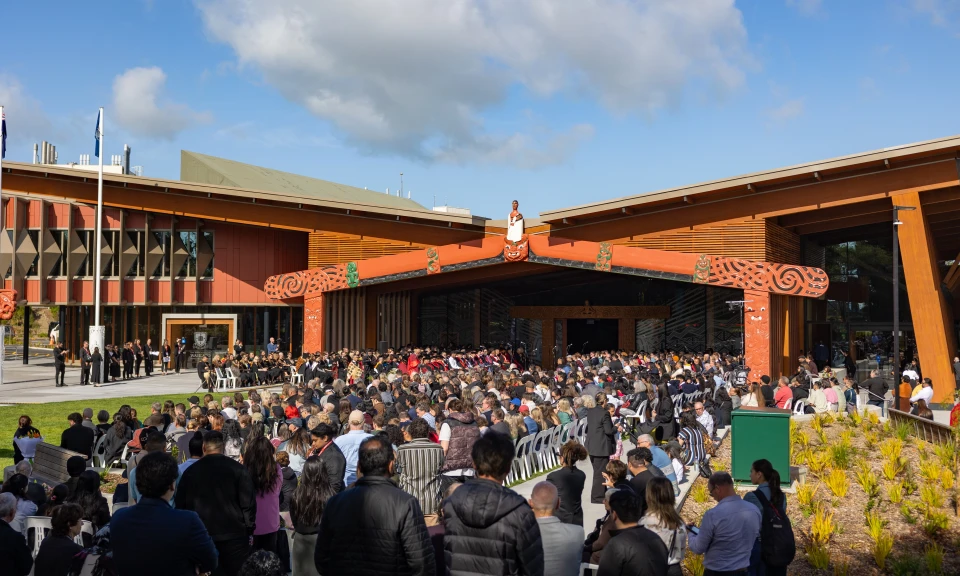
Strategic Priority
A key strategic priority for the Division and University is the establishment of the New Zealand Graduate School of Medicine (NZGSM), which will welcome its first cohort of students in 2028. This new medical school will embody the University’s motto, Ko Te Tangata – For the People, with a focus on advancing health equity through culturally responsive medical education, particularly in regional and rural communities.
The NZGSM will distinguish itself through genuine and close partnerships with health service providers. Its teaching and research will reflect national workforce needs and the aspirations of regional and rural communities. A high proportion of its graduates are expected to pursue careers in primary care, and all graduates will be recognised for working effectively in multidisciplinary teams.
Role Specification
The Dean of Medicine will provide strategic, academic, and operational leadership for the New Zealand Graduate School of Medicine (NZGSM), ensuring its successful establishment and ongoing sustainability. They will engage closely with the Pro Vice-Chancellor of Health and the Vice-Chancellor to ensure alignment with national medical education priorities.
The Dean of Medicine will build the academic, professional, and clinical team to deliver the programme and secure the commitment of placement providers. They will oversee the adaptation of a graduate-entry curriculum to meet the needs of Aotearoa New Zealand and achieve accreditation with the Australian Medical Council and the Medical Council of New Zealand. The Dean will guide the implementation of the programme, closely monitoring the success of the initial cohorts against the goals of the NZGSM. This includes ensuring that rural and primary care perspectives are embedded in the School’s leadership, curriculum, and placement decisions, either through their own background or by shaping a leadership team that collectively brings these strengths.
As a member of the Division of Health Senior Leadership Team, the Dean will collaborate with the Pro Vice-Chancellor of Health, Heads of School, and Associate Deans to ensure the NZGSM is fully integrated into a cohesive model of health education spanning multiple health professions. They will foster a collaborative, inclusive environment that encourages excellence in teaching, research, and service, with a shared commitment to addressing inequities in health outcomes.
Strategic and Academic Leadership:
- Maintain and enhance a graduate-entry medical curriculum contextualised to Aotearoa New Zealand’s health environment, embedding a sustained commitment to health equity through genuine partnerships with Māori, Pacific, and underserved communities.
- Provide visionary leadership and clear direction for the long-term strategic positioning and ongoing development of the New Zealand Graduate School of Medicine (NZGSM) as a national leader in culturally responsive, socially accountable, and equity-focused medical education.
- Lead the NZGSM in delivering its mission, ensuring excellence in programme governance, academic quality, operational effectiveness, and responsiveness to the evolving health needs of Aotearoa New Zealand.
- Oversee strategic planning and continuous improvement of the School’s academic and operational systems, processes, and procedures to ensure long-term excellence, resilience, and innovation.
- Ensure the medical programme is embedded within a collaborative model of health education spanning multiple health professions and disciplines, working in sustained partnership with other Schools in the Division of Health to create shared teaching, research, and clinical experiences that foster collaborative, team-based care.
- Champion innovation in medical education, including the application of digital-first, research-informed, and culturally responsive pedagogies that anticipate future health workforce needs and align with the aspirations of the communities served.
- Maintain oversight of curriculum evaluation and quality assurance, ensuring continuous improvement and responsiveness to the evolving needs of the health workforce and communities, and ensure compliance with the monitoring and annual reporting requirements of the Australian Medical Council and the Medical Council of New Zealand.
- Oversee the development of a research culture and profile for the NZGSM that is aligned with the goals of the medical programme by fostering collaborative research, postgraduate supervision, and integration of research into teaching.
- Demonstrate credibility with accrediting bodies, the medical profession, and external stakeholders, through modern leadership capabilities that emphasise innovation, accountability for outcomes, and alignment with the School’s broader purpose.
Clinical Education and Placements:
- Oversee the regular evaluation and strategic alignment of placement locations with the School’s objectives and community health priorities, with a particular focus on improving health outcomes for Māori, Pacific, rural, and underserved communities.
- Provide strategic leadership and sustained oversight of the NZGSM’s clinical education and placement framework, ensuring it consistently meets accreditation standards and reflects best practice in contemporary medical education.
- Maintain strong, enduring partnerships with Health New Zealand | Te Whatu Ora, primary care providers, iwi, and community stakeholders to ensure provider participation, clinical leadership engagement, and culturally safe learning environments for students.
- Ensure placements are designed to foster collaborative, cross-disciplinary learning, enabling students to develop the skills needed to work effectively across health professions in diverse healthcare settings.
- Ensure clinical education is supported by innovative, digitally enabled approaches that enhance teaching, supervision, and interprofessional learning across all placement settings.
- Lead ongoing engagement with the Ministry of Health and other national bodies to shape policy, infrastructure planning, contractual arrangements, and employment models for clinicians contributing to the education and supervision of medical students, ensuring clinical education is supported by innovative, digitally enabled approaches that enhance interprofessional learning.
- Regularly review and evaluate the clinical placement model to confirm it continues to meet accreditation standards, workforce priorities, and community needs, making adjustments as necessary.
Partnerships and External Engagement:
- Lead and sustain authentic engagement with Māori, Pacific, and community stakeholders to ensure the NZGSM reflects local priorities, builds enduring trust, and delivers culturally grounded partnerships that result in tangible improvements in health outcomes.
- Provide academic and technical input into Ministry of Health-led Approval to Deliver processes and other national planning activities that affect medical education, ensuring alignment with University and Division priorities.
- Maintain and strengthen constructive working relationships with the Medical Council of New Zealand (MCNZ), the Australian Medical Council (AMC), and other relevant accreditation and regulatory bodies to ensure the NZGSM remains well-positioned nationally and internationally.
- Actively engage with the Medical Advisory Board, and collaborate with Australian and New Zealand partner universities to ensure the curriculum remains contemporary, contextually relevant to Aotearoa New Zealand, and underpinned by shared oversight of programme quality and graduate outcomes.
- Strengthen and expand relationships with health service providers, professional associations, and industry partners to support interprofessional and multidisciplinary education, collaborative research, and innovative service models that prepare graduates for team-based care in diverse settings.
- Actively engage with relevant workforce unions to ensure their perspectives are incorporated into the School’s planning, governance, and decision-making.
- Shape and promote a distinctive identity for the NZGSM that reflects the values, educational mission, and strategic positioning of the University of Waikato, with a strong emphasis on social accountability, community partnership, and cultural responsiveness.
- Represent and advocate for the NZGSM nationally and internationally to enhance its profile, strengthen the University’s reputation, build enduring partnerships with Māori, Pacific, and community stakeholders, and attract, develop, and retain exceptional academic and professional talent aligned with the School’s mission, values, and equity commitments.
- Actively contribute to philanthropic and donor engagement, with particular emphasis on developing scholarships that support equity of access for students from underrepresented communities.
People, Culture, and Organisational Development:
- Provide academic and strategic leadership to staff, fostering a collaborative, inclusive, innovative, and high-performing culture that reflects the NZGSM’s commitment to excellence, equity, and culturally responsive practice.
- Promote a team-based leadership model that draws on complementary expertise to deliver the School’s purpose.
- Lead ongoing workforce planning, recruitment, professional development, and succession planning to ensure the School attracts, develops, and retains exceptional academic and professional staff who are committed to the School’s mission and values.
- Ensure compliance with University policies, collective agreements, and employment legislation.
- Strengthen the integration of the School of Medicine within the Division of Health, actively contributing to a unified model of health education promoting collaboration across health professions and disciplines, preparing graduates for collaborative, team-based healthcare delivery.
Resource and Risk Management:
- Provide strategic oversight of financial planning, resource allocation, and budget management to ensure the School’s long-term sustainability and alignment with its strategic objectives.
- Lead the ongoing development and optimisation of infrastructure, clinical learning environments, and digital platforms required to deliver a world-class medical programme that fosters cross-professional and cross-disciplinary collaboration and is accessible, culturally responsive, and equitable for all students.
- Ensure effective risk management practices are in place, including proactive identification, mitigation, and monitoring of risks related to academic delivery, research, partnerships, and operations.
- Develop and maintain systems for ongoing monitoring of programme performance, including student outcomes, placement quality, staff capacity, and stakeholder feedback, ensuring these processes inform both internal governance and external reporting requirements.
- Promote and maintain a safe, healthy, and inclusive work and learning environment for staff, students, and visitors, fulfilling all responsibilities under the University’s Health and Safety Policy.
- Ensure compliance with relevant legislation, University policies, and sector standards, including those relating to health and safety, equity, and accessibility.
Any other duties as required that are consistent with the position held and work in the best interests of the Division and University (including its community of students and staff), within relevant legislation and in accordance with the University Charter.
NOTE: The Dean of Medicine will have an annual Objectives, Development and Reflection (ODR) meeting with the Pro Vice-Chancellor. New appointees will normally attend such a meeting approximately three months after taking up the role.
TRAINING, SKILLS, AND KNOWLEDGE
Essential:
- Demonstrated commitment to Te Tiriti o Waitangi, cultural safety, and improving Māori, Pacific and underserved community health outcomes through leadership, education, and collaboration.
- Effective communication and engagement skills, with the ability to build and maintain strategic relationships with iwi, Pacific communities, and health providers, government agencies, regulatory bodies, and professional organisations.
- Proven ability to lead academic or clinical teams, with strong capability in mentoring, workforce development, and operational management in a university or healthcare setting.
- Knowledge of innovative and culturally responsive teaching methodologies, including technology-enhanced delivery, interprofessional and multidisciplinary education, and equity-focused curriculum design.
- An appropriate record of scholarly activity and research, with proven experience in integrating research into clinical teaching and advancing research-informed practice.
Preferred
- Experience in, or strong understanding of, rural and primary care contexts, and commitment to embedding these perspectives in medical education and leadership.
- Strong business acumen and management capability, with proven experience leading complex organisational units and ensuring financial and operational sustainability.
EDUCATIONAL QUALIFICATIONS
Essential:
- Medical degree and current registration with the Medical Council of New Zealand.
- Completed postgraduate training in a recognised medical specialty.
Reports to: Pro Vice-Chancellor of Health
Internal:
- Pro Vice-Chancellor of Health
- Medical Advisory Board
- Associate Deans
- Heads of Schools and Programmes within the Division
- Director, Division of Health
- Director, Medical School Establishment Programme
- Division Managers
- The Vice-Chancellor and Deputy Vice-Chancellors
- Directors of Research Institutes and Centres
- Other academic and professional staff in the Division and the University.
External:
- Ministry of Health | Manatū Hauora
- Health New Zealand | Te Whatu Ora
- Tertiary Education Commission (TEC)
- Medical Council of New Zealand (MCNZ) | Te Kaunihera Rata o Aotearoa
- Australian Medical Council (AMC)
- Medical Deans Australia and New Zealand
- Academic and professional staff at Australian partner universities
- Academic and professional staff at New Zealand partner Universities
- Primary Health Organisations (PHOs)
- Primary care and community-based healthcare providers
- Community stakeholders and iwi partners
- Specialist medical colleges and professional associations
- Relevant medical workforce unions
- Potential philanthropic donors
- Other relevant external agencies
Please discuss with Hardygroup Consultant
Service Location: Hamilton, New Zealand
Division: Division of Health
Tenure: Five Years
The closing date for applications is Sunday, 11 January 2025
The reference number to include in your application is H25_5312
Note: Please use the online platform to submit your application. It will not be accepted via email.
If you require assistance in submitting your application online, please get in touch with Executive Search Coordinator, Aldie Zuñiga: M: +61 (0)49 410 1082 / E: azuniga@hardygroupintl.com
Your application must include:
- 1.Cover letter addressed to the Principal Consultant;
- 2.A written response addressing the key selection criteria; and
- 3.An up to date copy of your Curriculum Vitae.
It Is standard practice for HardyGroup to acknowledge receipt of your application no later than the next business day. We request that if you do not receive the acknowledgement, you contact the search coordinator listed above as soon as possible after the 24-hour business period and arrange to resend your application if necessary.
For a confidential discussion, please contact:
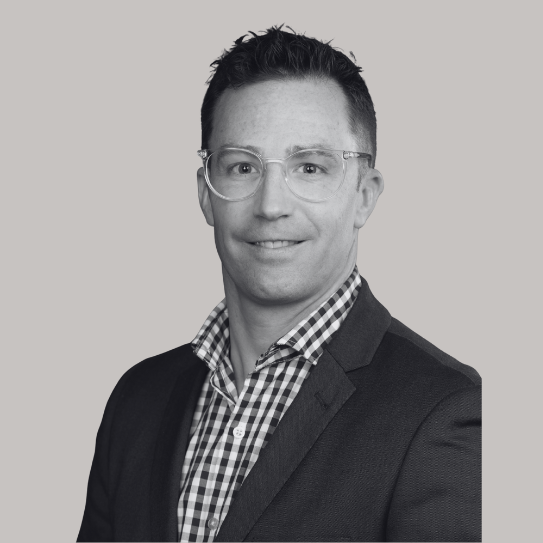
David Price
National Manager, HardyGroup New Zealand
M. +64 (0)21 0239 2211
E. dprice@hardygroupintl.com

Lynette Taylor
Executive Director - Search & Recruitment, HardyGroup Australia & New Zealand
M. +61 (0)431 293 861
E. ltaylor@hardygroupintl.com
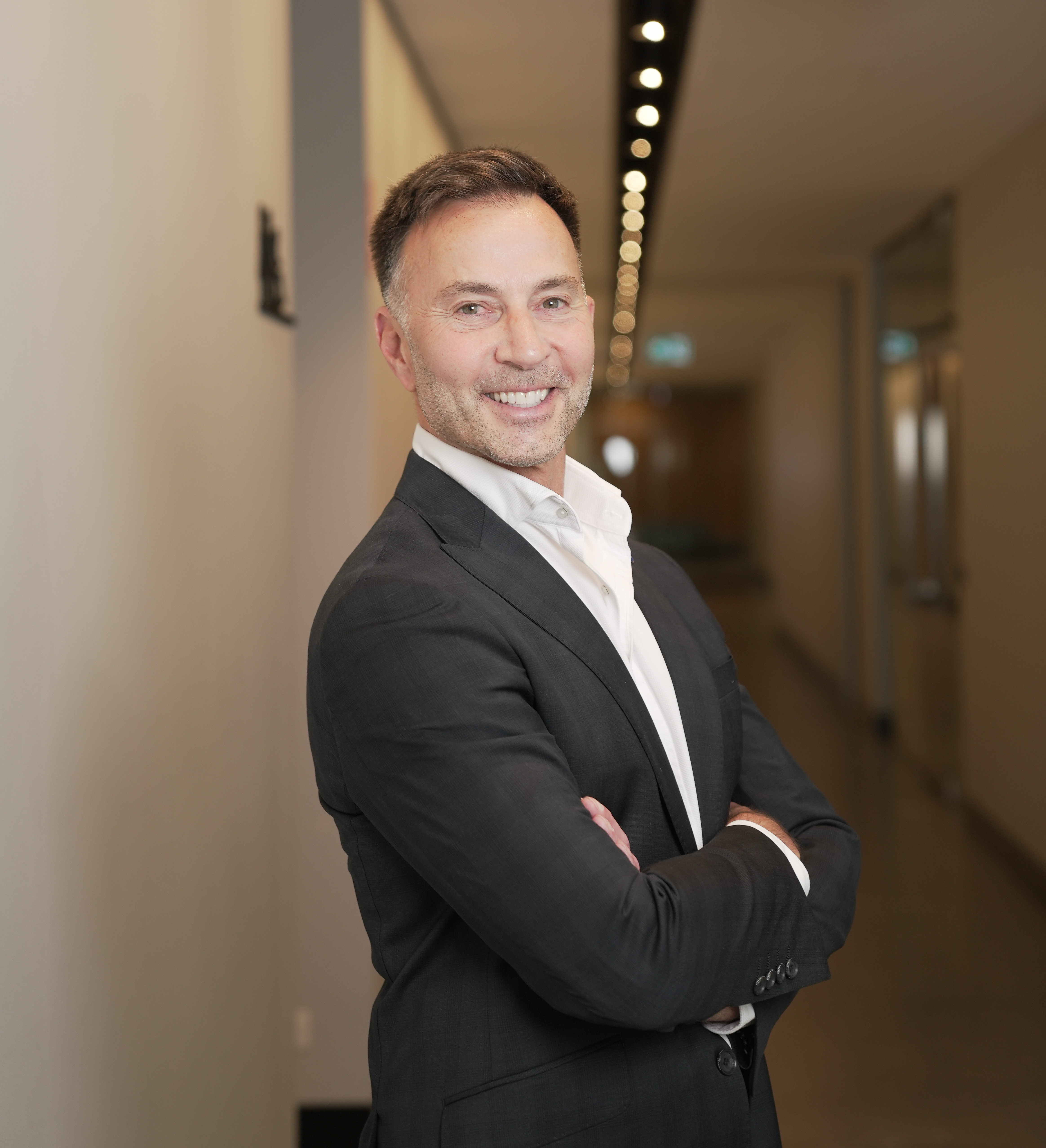
Paul Ingle
Chief Executive Officer, HardyGroup Australia & New Zealand
M. +61 (0)402 796 125
E. pingle@hardygroupintl.com
Living and Working
in Hamilton, Waikato
Living and Working in Waikato
Waikato, New Zealand, offers a blend of rural and urban lifestyles with key economic drivers in agriculture, dairy, and manufacturing. The region is known for its fertile land and is a hub for agricultural research and innovation, with opportunities in related sectors. It also has a major urban center in Hamilton, which provides various services, a university, and diverse job prospects.
Waikato
The Waikato region is located on New Zealand’s North Island, stretching from the Coromandel through Lake Taupo in the centre, heading on down to King Country in the Island’s southern half. Just under half a million people live in the area, with Hamilton the main centre – a city of innovation and technology, giving it the nickname ‘Hamiltron’.
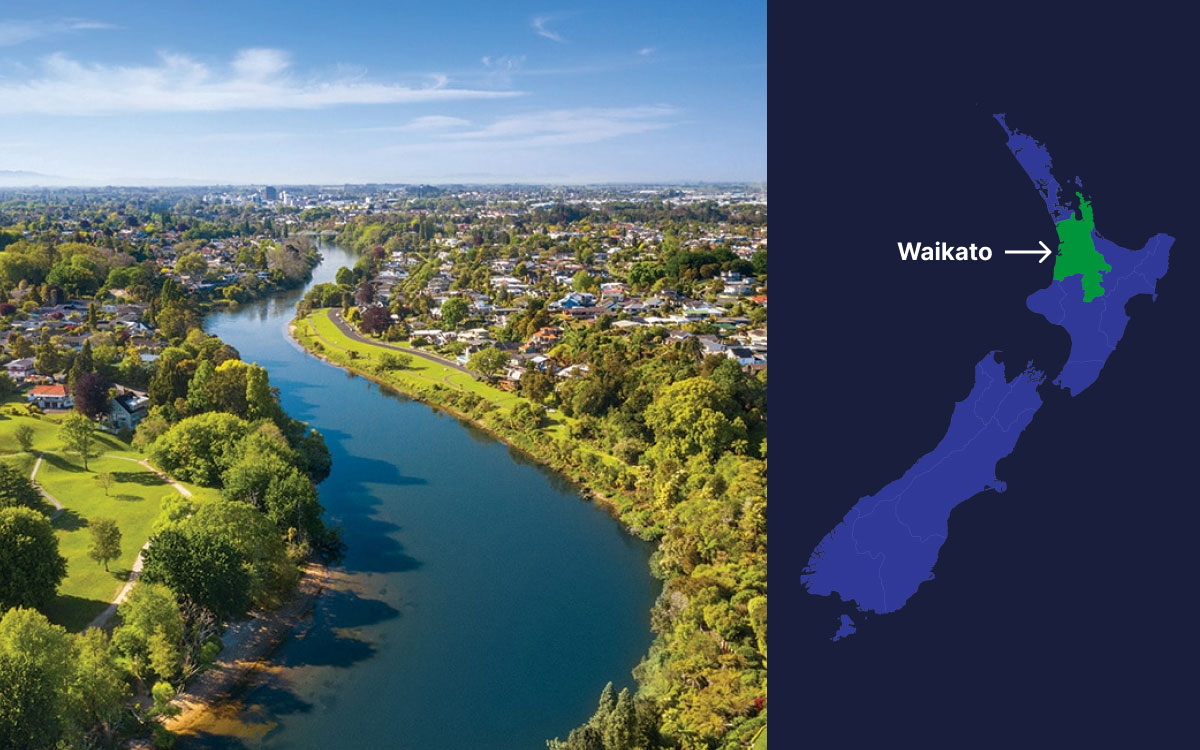
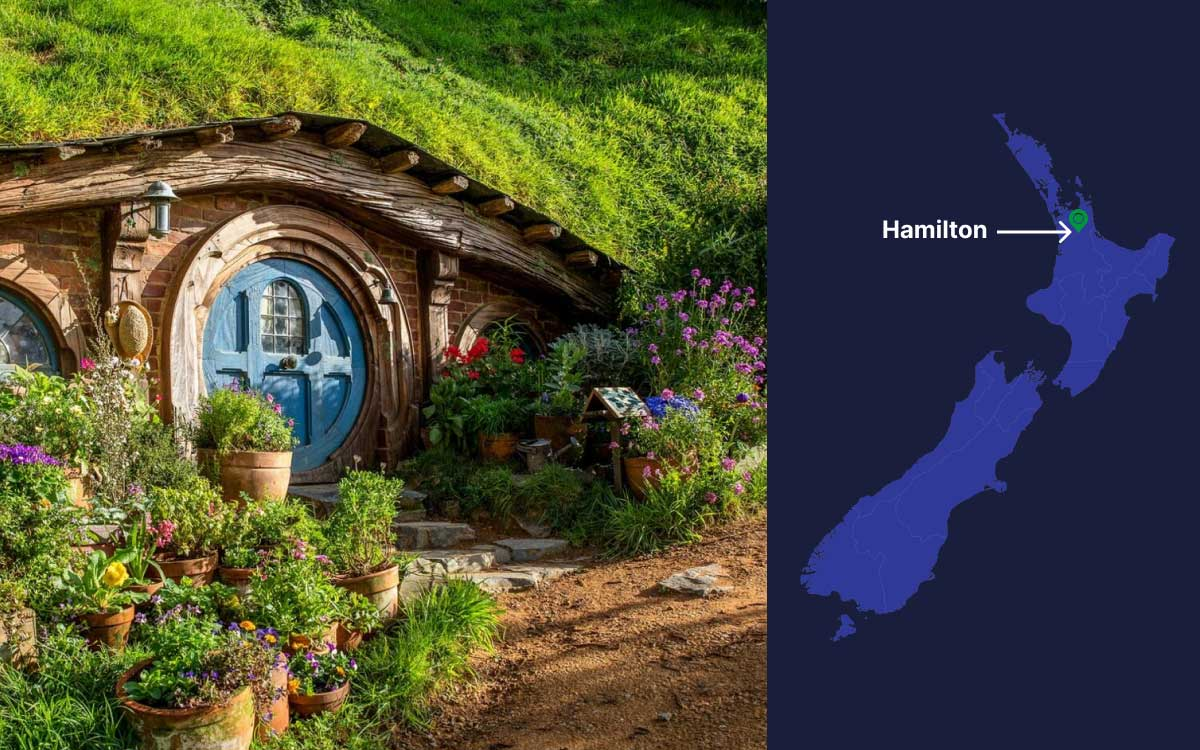
Hamilton
Discover the vibrant city of Hamilton and its thriving workforce. Experience top-notch dining, a buzzing nightlife and an active outdoor lifestyle. Find where to live and work in Hamilton and enjoy the perfect work-life balance. With a range of job opportunities to choose from, there is something for everyone.
Hamilton Population and Demographics
Situated on the banks of the Waikato River, Hamilton is New Zealand’s largest inland city. It’s currently one of the fastest growing urban areas in the country. The population of Hamilton is youthful and innovative – around half of its residents are under the age of 30. It’s also a very culturally diverse city, home to more than 80 ethnic groups.
Hamilton Weather and Climate
Hamilton’s climate is generally mild, warm and temperate. The average temperature in summer is 21C and 14C in winter. On average, the warmest month is February and the coolest month is July. There is a significant amount annual rainfall in Hamilton, which helps keep the city green.
Hamilton Entertainment & Things to Do
There is a wide array of things to do in Hamilton and the Waikato region. The city centre is packed with restaurants, cafes, bars and casinos where you can have a fun night out. The vibrant nightlife scene is a draw for many travellers and migrants – and on the weekends, you’ll find various markets selling gourmet food and locally-crafted artwork and goods. The city also hosts events like sports matches, concerts, festivals and comedy shows that attract hundreds of locals and visitors every year.
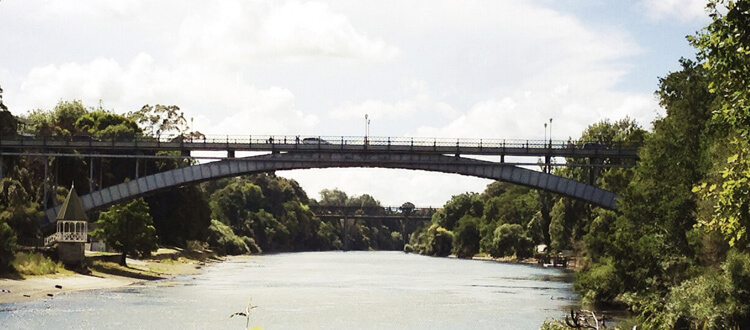
Hamilton is also well known for its stunning parks and gardens. The Hamilton Gardens is the most popular attraction in the Waikato region. This award-winning attraction is well-loved by tourists and locals alike. The Garden takes you on a journey through a gallery of local and international species, with beautifully-manicured examples of traditional gardens from Japan, Italy, China, and much more that each tell their own unique story. Other fun places to spend time include the Hamilton Zoo, the Waikato Museum and Water World.
Hamilton also has close proximity to other regional destinations. Tourist hotspots like Auckland and Rotorua are within a couple hours’ drive from the city – so on your weekend breaks, you can venture out of Hamilton and explore more of the central North Island.
For more information on Living in Hamilton visit.
ABOUT US
HardyGroup’s (HG) mission is simple
Find and Grow Great Leaders - and we have been doing exactly that for more than 30 years in public and private health, primary, community and aged care as well as the broader public service.
Our synergistic business model of Executive Search and Recruitment integrated with Executive Leadership and Learning is our unique point of difference.
It ensures our clients can count on us for the lifecycle of their organisations leadership journey and why we are regarded as the leading trans-Tasman partner agency by clients.
When engaging HG you can be confident in a deeply personalised experience and service as nothing matters more to us than relationships and results.

